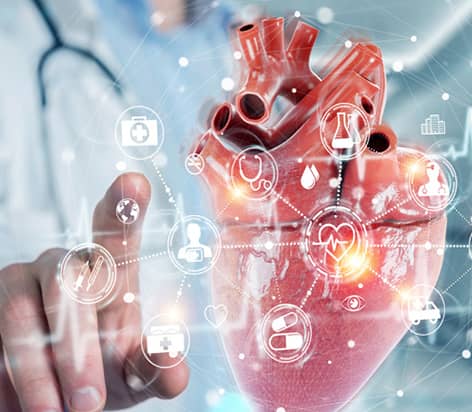
The cardiovascular critical care unit comprises an expert team of cardiologists, trained nurses, and advanced equipment to diagnose and manage cases of cardiovascular emergencies. Cardiovascular emergency is often life-threatening, and immediate interventions is the key to saving the lives of patients.